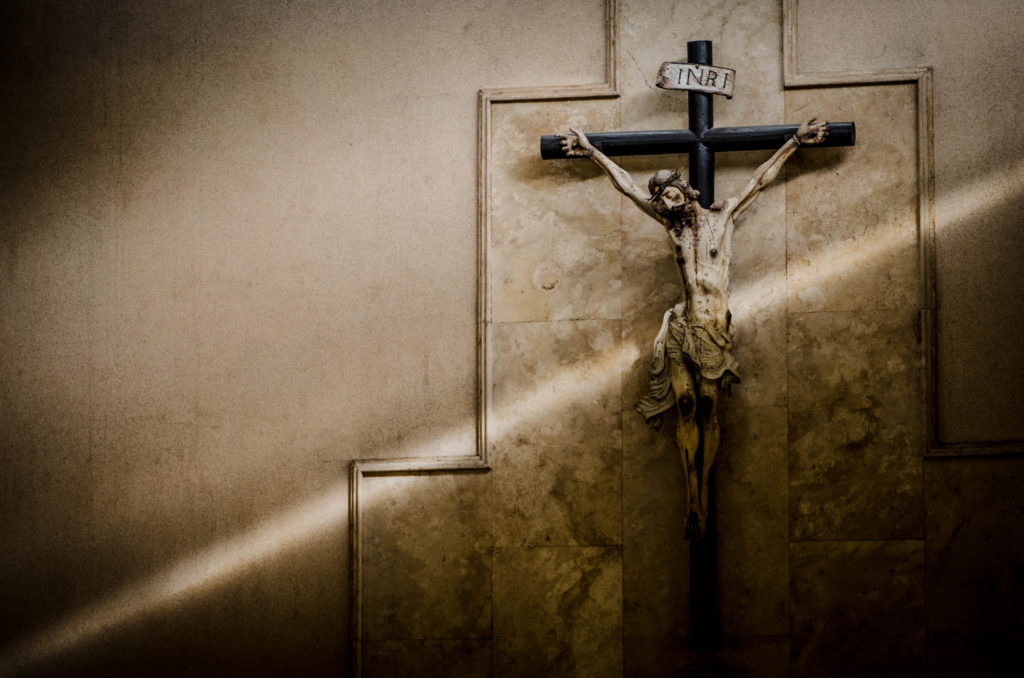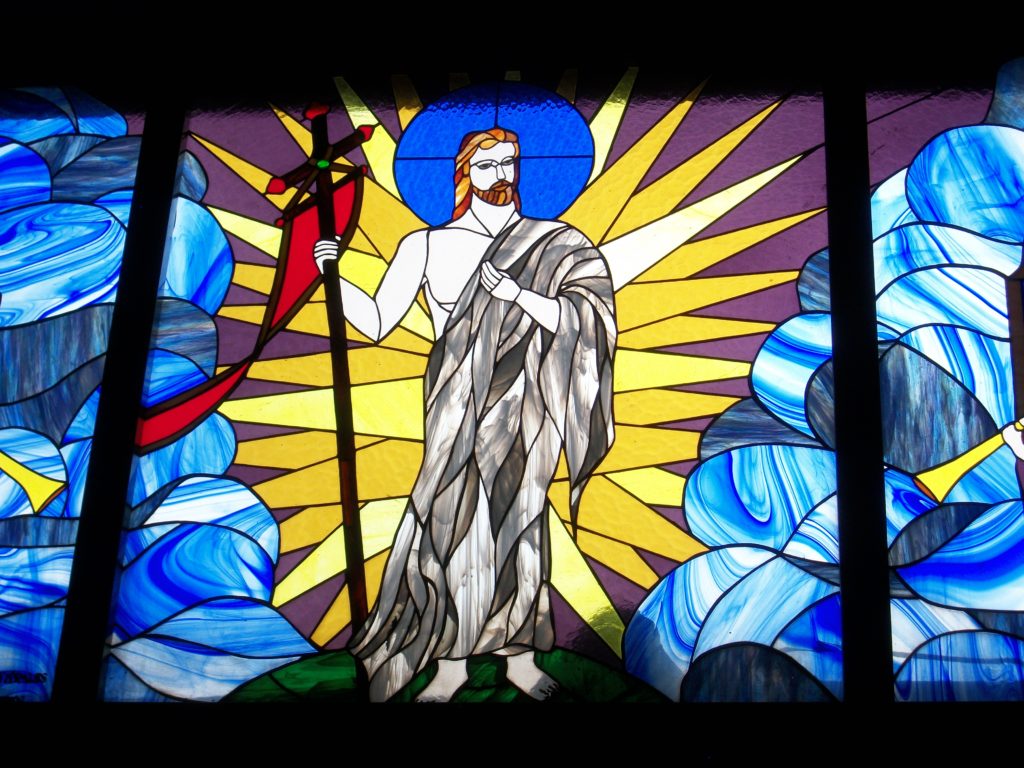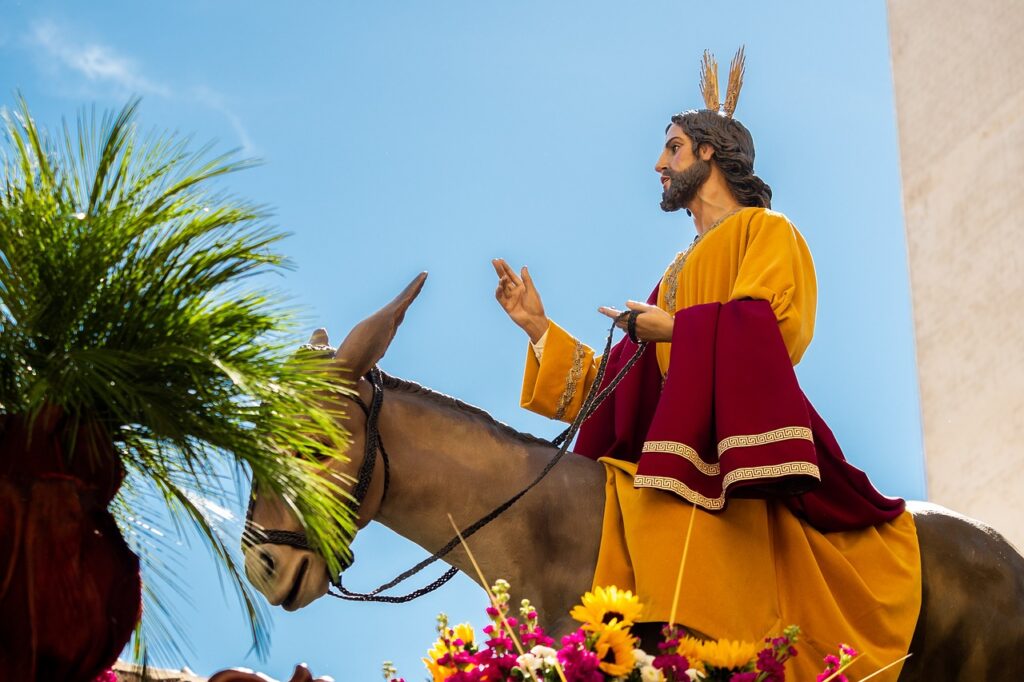Feast of Exaltation of Holy Cross: Sign of Christian
Celebrated Every September 14

Father Rafael de Mosteyrín offers this article on the Feast of the Exaltation of the Holy Cross, celebrated today, September 14.
* * *
There is an old story that talks about how God molds every soul through suffering, and He purifies it in contact with the Cross so that it will be able to serve Him increasingly better.
There was a man who had a very special mill, for the fineness of what had to be worked on. It was a cinnamon mill. To do its work it needed very special stones, which were difficult to find. A day arrived in which the stones were so worn out that the work had to be halted. The problem wasn’t easy to fix, as the stones had to be purchased in Germany, and they were very expensive for the miller. The mill had to stop.
One day, a friend gave the miller the solution to his problems.
See, what you have to do is look in the river for stone-like edges like those you were using. Take them home and substitute them. Then, and without adding any cinnamon, turn them over and over again, without ever getting discouraged, with much patience. You might have to wait many hours, days, perhaps entire weeks.
The miller followed his friend’s advice. Sometime after the new stones were burnished against one another, by rubbing against each other, so that they became perfectly smooth and tight, as good as the German ones.
It’s very important to understand the celebration of the Cross. We, Christians, must not reject suffering but love it. Suffering makes us increasingly more like Christ. It was traditional for catechisms to begin by asking us if we are Christians. Then they explained what it means to be a Christian. Then one wanted to know what is the sign of the Christian was. The sign of the Christian is the Holy Cross because it is very important in our life. It must be on our chest, on our lips, on our works; it must preside over churches, classrooms, rooms; it must be on the summit of mountains and in crossroads. Above all, it must be on our backs — the Cross of every day, the small Cross of every day.
The Cross is an instrument of expiation for the sins of the world, sacrifice of reconciliation, proof of infinite love. In us it will be the means of personal sanctification, of identification with Christ. Like Saint Paul, we glory in the Lord’s Cross, thus we learn the teaching that, to be with Christ, we must suffer with Him. We must put our sufferings together with those of Christ, for the good of the Church and of each of her members.
Translation by Virginia M. Forrester
Related

Reflection by Bishop Enrique Díaz: Alleluia, alleluia
Enrique Díaz
20 April, 2025
5 min

Christ is Risen! Alleluia! Commentary by Fr. Jorge Miró
Jorge Miró
20 April, 2025
3 min

Easter: Mystery of Freedom
Carlos J. Gallardo
20 April, 2025
5 min

Reflection by Bishop Enrique Díaz: On a Donkey
Enrique Díaz
13 April, 2025
5 min
 (EN)
(EN)
 (ES)
(ES)
 (IT)
(IT)

